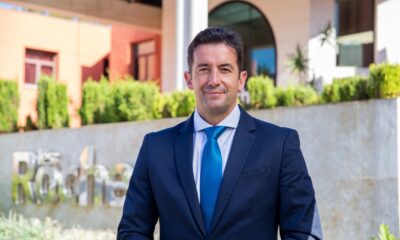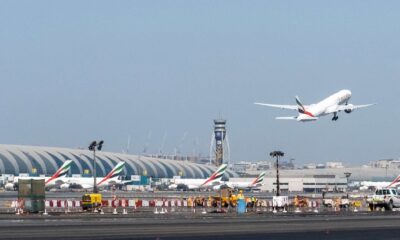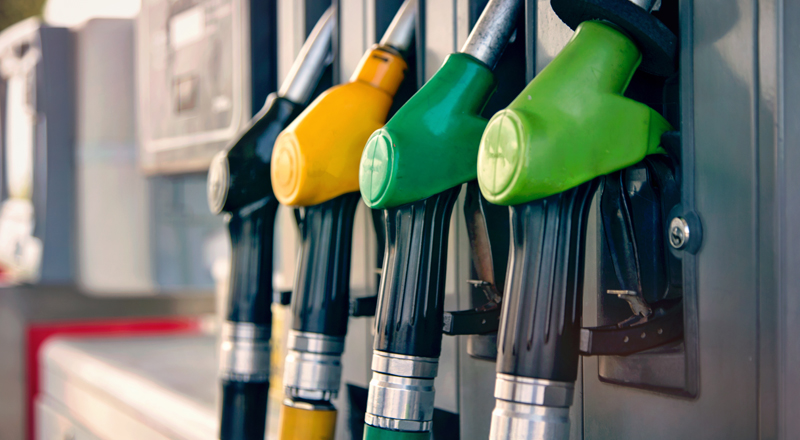Dubai, a city renowned for its futuristic skyline and innovative infrastructure, is once again at the forefront of urban development with a major upgrade to its road network. Designed to improve traffic flow, enhance safety, and accommodate the city’s rapid growth, these changes are set to redefine the commuting experience. Here are the four key changes every resident and visitor should know about:
- Expansion of Key Highways
The first significant upgrade involves the expansion of Dubai’s key highways. Sheikh Zayed Road, the main artery that runs through the city, is undergoing a massive widening project. Additional lanes are being added to alleviate congestion during peak hours, promising smoother and faster commutes. The expansion extends to other critical routes such as Emirates Road and Sheikh Mohammed bin Zayed Road, ensuring that the city’s growing traffic demands are met with efficiency.
- Introduction of Smart Traffic Management Systems
Dubai is embracing smart technology to revolutionise its traffic management. New intelligent traffic systems (ITS) are being installed across the city, featuring advanced sensors and cameras that monitor traffic conditions in real-time. These systems can automatically adjust traffic signals, provide live updates to drivers via digital sign boards, and even reroute traffic during emergencies. The result is a more responsive and adaptive traffic flow, reducing delays and improving overall road safety.
- Enhanced Pedestrian and Cycling Infrastructure
Recognizing the importance of sustainable and healthy transportation options, Dubai is significantly enhancing its pedestrian and cycling infrastructure. New dedicated bike lanes and pedestrian paths are being constructed, particularly in busy urban areas and around popular attractions. These paths are designed to be safe and accessible, encouraging more residents and tourists to opt for walking or cycling as their preferred mode of transport. The initiative not only promotes a healthier lifestyle but also helps to reduce the city’s carbon footprint.
- Upgraded Public Transportation Hubs
The upgrade extends beyond roads to include public transportation hubs, integrating them seamlessly with the road network. Major metro stations, bus terminals, and tram stops are being revamped to offer better connectivity and convenience. New park-and-ride facilities are being introduced, making it easier for commuters to switch between driving and public transport. The improved hubs aim to make public transportation a more attractive option, thereby easing the load on the city’s roads.
These major upgrades to Dubai’s road infrastructure are a testament to the city’s commitment to innovation and excellence in urban planning. By expanding highways, implementing smart traffic systems, enhancing pedestrian and cycling paths, and upgrading public transport hubs, Dubai is paving the way for a more efficient, safe, and sustainable future. As these projects come to fruition, residents and visitors alike can look forward to a transformed commuting experience, befitting a city that continues to lead the way in modern urban living.

 Announcements6 months ago
Announcements6 months ago
 Announcements5 months ago
Announcements5 months ago
 Sports5 months ago
Sports5 months ago
















